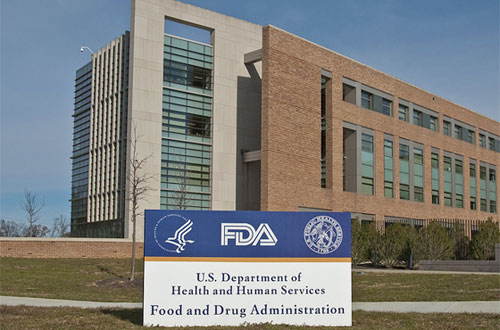
Postmenopausal women with advanced breast cancer in the US will soon have another option to fight the disease after the FDA approved Pfizer’s Ibrance.
The approval comes more than two months ahead of the regulator’s goal date of April 13, helped by the FDA’s decision to review the drug under its accelerated approval programme.
This scheme allows medicines for serious diseases to be approved after demonstrating an effect on a surrogate endpoint in a clinical trial rather than a final endpoint. It allows early market access for innovative treatments, although Pfizer will have to conduct additional clinical trials to confirm the drug’s effectiveness.
The approval covers the use of Ibrance (palbociclib) in combination with Novartis’ Femara (letrozole) as a first-line treatment for postmenopausal women with oestrogen receptor positive (ER+), HER2-negative advanced breast cancer who have not received previous systemic treatment.
Around 60% of breast cancer patients in the US have this receptor profile and could be eligible for treatment with Ibrance, a first-in-class cyclin-dependent kinase (CDK) 4 and 6 inhibitor.
The drug is one of Pfizer’s most anticipated new drug launches and analysts have predicted it to have peak sales potential of $3bn-$4bn per year.
Pfizer used data from the phase II PALOMA-1 trial to support the approval of Ibrance. This study demonstrated that patients on a combination of Ibrance and Femara experienced 20.2 months of progression-free survival (PFS) while patients on Femara alone experience 10.2 months of PFS.
Overall survival also improved although not by a clinically significant margin.
A further phase III trial, PALOMA-2, is now fully enrolled in order to confirm the earlier results.
The path to market for Ibrance was also abridged with two additional FDA programmes: ‘breakthrough’ therapy designation and priority review.
Breakthrough drugs are for serious for life-threatening conditions that have already demonstrated significant improvement over available treatments while priority review is reserved for new medicines in areas of unmet medical need and is intended to reduce the standard 10 month review to a six month process.




